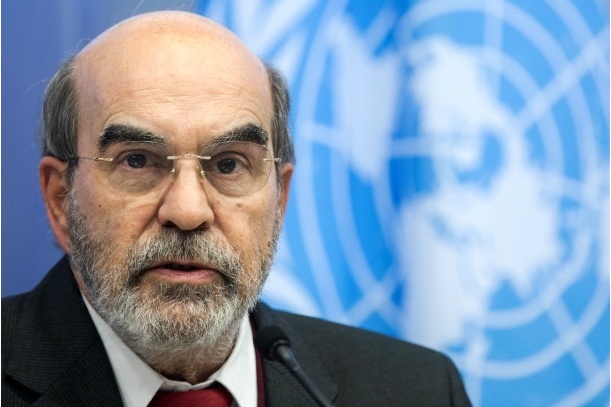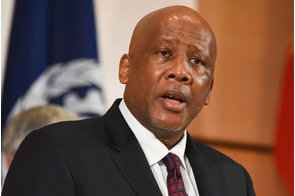Digitalization is key to enhance nutrition and food safety – FAO

Summary
Food contaminated with bacteria, viruses, parasites, toxins or chemicals causes more than 600 million people to fall ill and 420,000 to die around the world each year.
At the First International Food Safety Conference, which held in Addis Ababa, Ethiopia on Tuesday, world leaders said digitalization and new food processing methods provide opportunities to enhance food safety and improve nutrition. The conference, which called for greater international cooperation to prevent unsafe food from causing ill health, was organized by the African Union (AU), the Food and Agriculture Organization of the United Nations (FAO), the World Health Organization (WHO) and the World Trade Organization (WTO).
Digitalization, according to Gartner Incorporated – the American technology research and advisory firm – is the use of digital technologies to change a business model and provide new revenue and value-producing opportunities; it is the process of moving to a digital business.
The world leaders and experts at the conference said the solutions to the numerous health problems caused by unsafe food require an adaptation to new food systems, underpinned by information technologies, shared information, training and education.
Food contaminated with bacteria, viruses, parasites, toxins or chemicals causes more than 600 million people to fall ill and 420,000 to die around the world each year. Illnesses due to unsafe food are a burden to healthcare systems and global economies. According to a statement released by FAO on Tuesday following the opening session of the conference, the economic cost of unsafe food is around $95 billion each year.
For this reason, the conference agreed that food safety must be a paramount goal at every stage of the food chain, from production to harvest, processing, storage, distribution, preparation and consumption, conference participants stressed.
“There is no food security without food safety,” said FAO Director-General José Graziano da Silva. “This conference is a great opportunity for the international community to strengthen political commitments and engage in key actions. Safeguarding our food is a shared responsibility. We must all play our part. We must work together to scale up food safety in national and international political agendas.”
African Union Commission chairperson, Moussa Faki Mahamat, reiterated the sentiment, stating that: “Without safe foods, it is not possible to achieve food security.” He also gave credit to the longstanding and strategic partnership between the AU and the UN.
On his part, Director-General of the World Health Organization (WHO), Tedros Adhanom Ghebreyesus, said instead of being a source of nourishment and enjoyment, food has become a cause of disease and death.
“Unsafe food is responsible for hundreds of thousands of deaths every year, but has not received the political attention it deserves,” Ghebreyesus said. “Ensuring people have access to safe food takes sustained investment in stronger regulations, laboratories, surveillance and monitoring. In our globalized world, food safety is everyone’s issue.”
The world leaders also highlighted climate change, coupled with a growing global population and increasing urbanization as some of the other challenges to food production and food safety. They said the solutions to these problems require intersectoral and concerted international action, which must include sustained investment, regulation, adequate laboratory capacities, disease surveillance and food monitoring programmes.
Around 130 countries are participating in the two-day conference, including ministers of agriculture, health, and trade. WTO Director-General, Roberto Azevedo, said trade is an important force to lift people out of poverty. A follow-up event to be hosted by the WTO in April, tagged the International Forum on Food Safety and Trade, Azevedo said will focus on the interlinkages between food safety and trade.
Related
-
AU signs Abidjan Declaration on nutrition and food security in Africa
It is estimated that 61.4 million African children under five years are stunted, more than 12 million are wasted, and some ...
-
On World Food Day 2020, UN calls for collective action to end hunger
Almost 690 million people went hungry in 2019, an increase of 10 million from 2018 and nearly 60 million in five years.
-
FAO says 5.3 million people need food assistance in northern Nigeria
The FAO says ongoing civil insecurity impedes market functionality and food access to vulnerable households.







